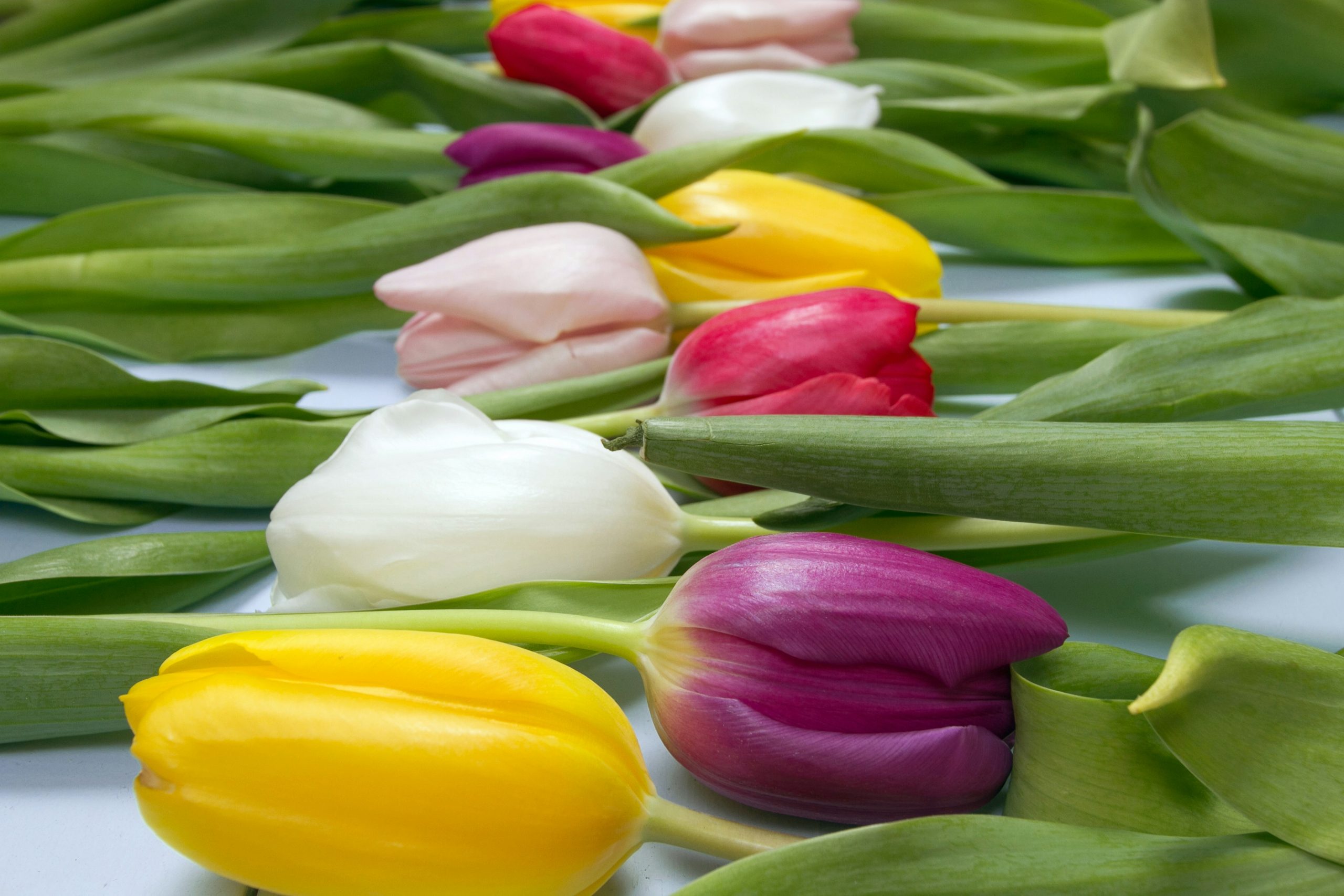
Astronomically speaking, the equinox falls on March 19 or 20 every year, marking spring’s beginning in the Northern Hemisphere (whereas it announces fall’s arrival in the Southern Hemisphere). The equinox happens at the same moment worldwide, even if our clock times reflect a different time zone. The first day of spring this year is Tuesday, March 19. This falls on a Tuesday.
Meteorologically speaking, in the Northern Hemisphere, the official spring season always begins on March 1 and continues through May 31. Summer begins on June 1; autumn, September 1; and winter, December 1.
- Weather scientists divide the year into quarters this way to make it easier to compare seasonal and monthly statistics from one year to the next. The meteorological seasons are based on annual temperature cycles rather than on the position of Earth in relation to the Sun, and they more closely follow the Gregorian calendar. Using the dates of the astronomical equinoxes and solstices for the seasons would present a statistical problem because these dates can vary slightly each year.
What is an Equinox?
At the Vernal Equinox, the Sun crosses the celestial equator on its way north along the ecliptic.
All over the world, days and nights are approximately equal. The name equinox comes from Latin words which mean “equal night”—aequus (equal) and nox (night).
Enjoy the increasing sunlight hours, with earlier dawns and later sunsets. On the equinox, Earth’s two hemispheres are receiving the Sun’s rays about equally because the tilt of the Earth is zero relative to the Sun, which means that Earth’s axis neither points toward nor away from the Sun. (Note, however, that the Earth never orbits upright, but is always tilted on its axis by about 23.5 degrees.)
WHY ISN’T SPRING THE SAME DAY
If you’re curious about why spring starts on different dates, you have to remember that a year is not an even number of days and neither are the seasons. You can’t divide 365 days into four equal quarters and have and equal amount of days in every season.